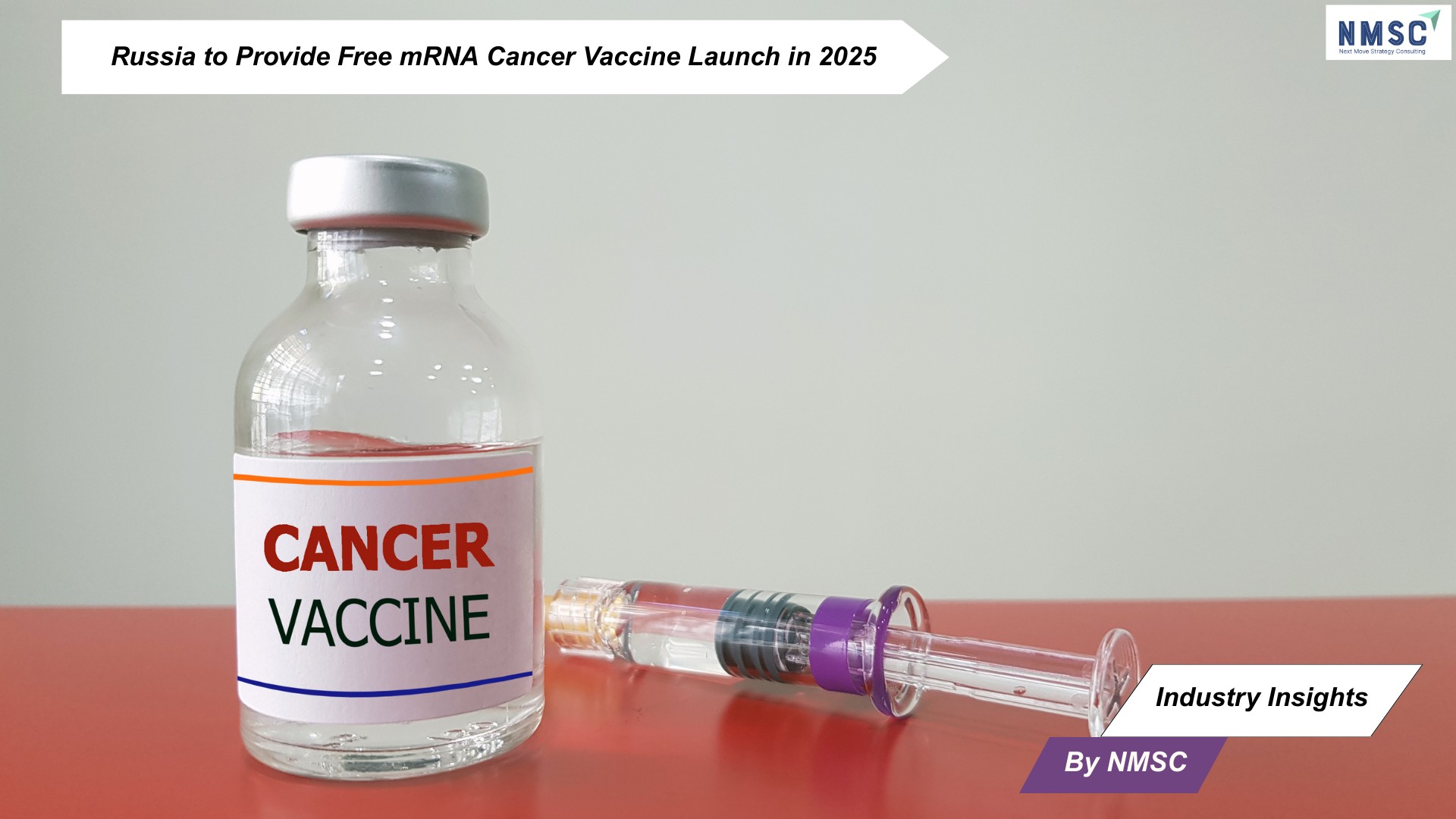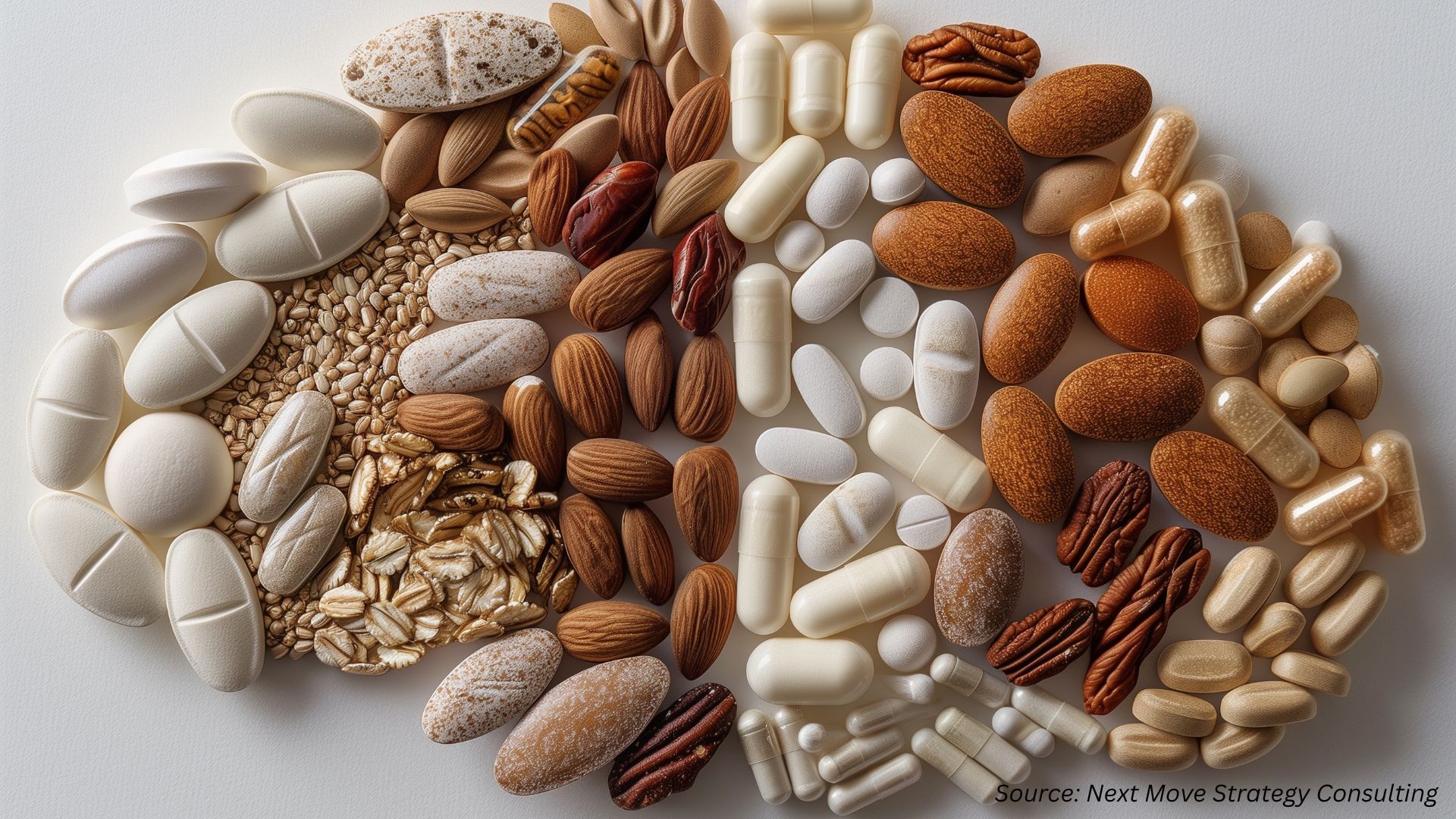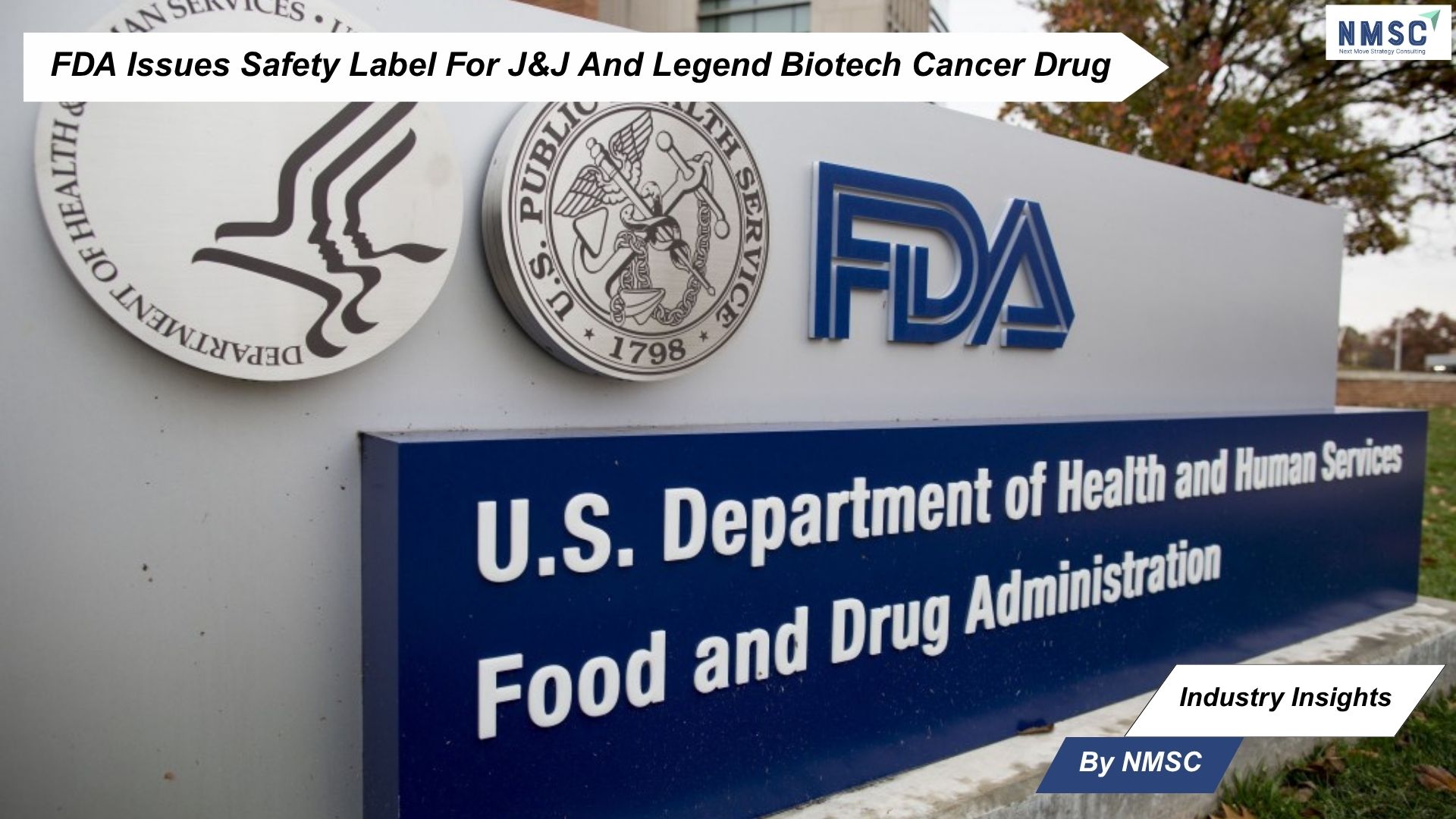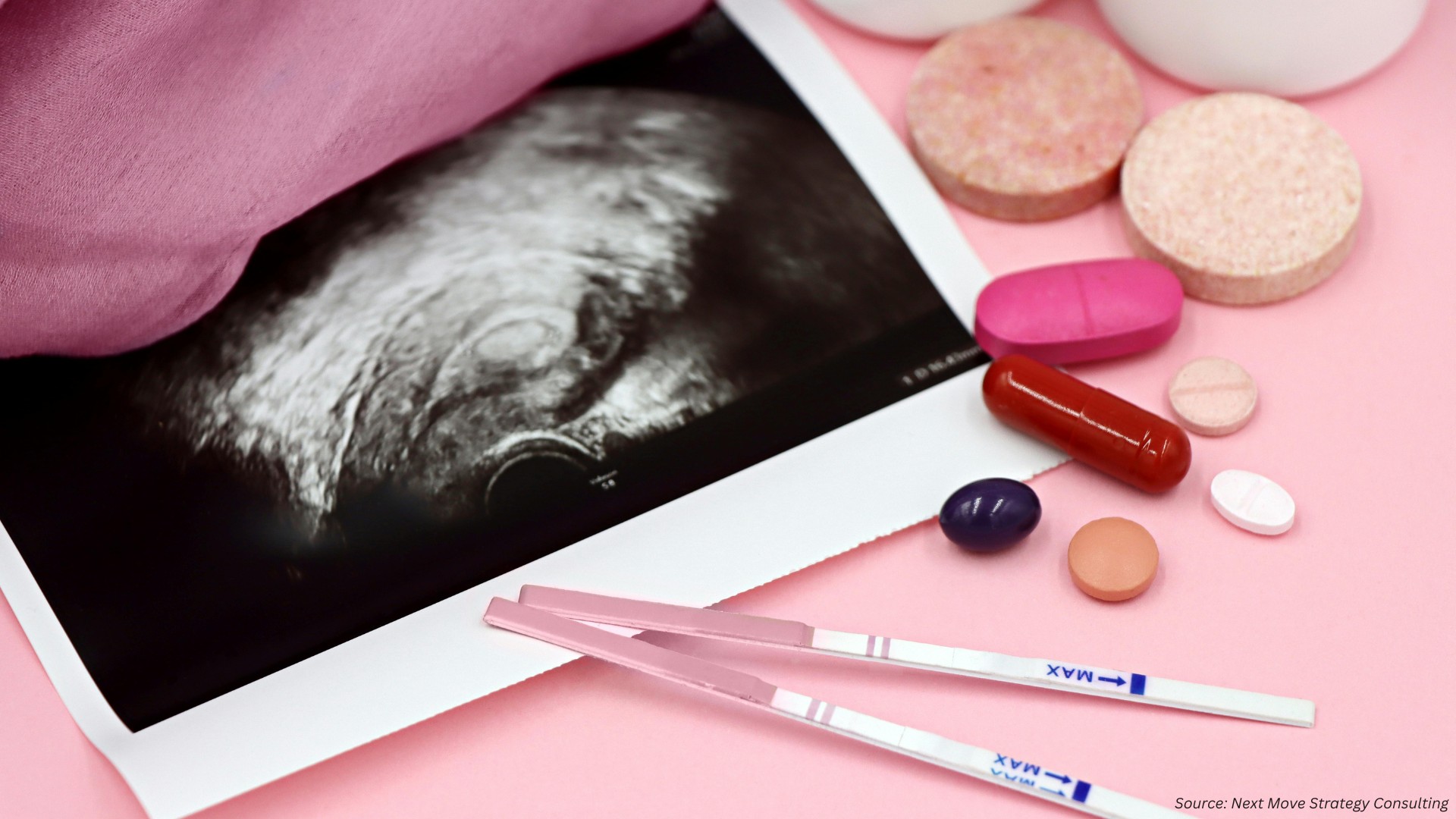Russia to Provide Free mRNA Cancer Vaccine Launch in 2025
Published: 2025-09-15

Industry Insights from Next Move Strategy Consulting
In a significant advancement for medical science, Russia’s Health Ministry has revealed the development of a novel mRNA-based cancer vaccine, slated for free distribution to patients starting in early 2025. Unlike preventive vaccines, this treatment is designed to combat existing cancers, offering a new tool in the fight against one of the world’s most pressing health challenges.
Pioneering mRNA Technology
Andrey Kaprin, General Director of the Radiology Medical Research Centre at the Russian Ministry of Health, shared that the vaccine leverages cutting-edge mRNA technology. According to Kaprin, the vaccine will be provided at no cost to patients, marking a bold step toward accessible cancer care. The announcement, reported by Russia’s TASS news agency, underscores the nation’s commitment to advancing medical innovation.
Next Move Strategy Consulting predicts that the Cancer Vaccines Market is predicted to reach USD 125.53 billion by 2030, with a CAGR of 14.08% from 2024 to 2030.
Alexander Gintsburg, Director of the Gamaleya National Research Center for Epidemiology and Microbiology, highlighted the vaccine’s promising preclinical results. “The trials have shown that it suppresses tumor development and potential metastases,” Gintsburg told TASS, signaling its potential to address critical aspects of cancer progression.
A Vision for the Future
Russian President Vladimir Putin earlier hinted at this milestone, stating in February that Russian scientists were nearing the creation of “cancer vaccines and immunomodulatory drugs of a new generation.” His remarks, delivered in televised comments, emphasized the proximity of this breakthrough, which is now poised to enter general circulation in early 2025.
While specific details about the vaccine’s name and targeted cancer types remain undisclosed, its development aligns with global efforts to innovate cancer treatments. Other nations, such as the United Kingdom, are also exploring similar initiatives, with the British government partnering with BioNTech to develop personalized cancer therapies.
AI-Powered Vaccine Development
A key feature of Russia’s approach is the integration of artificial intelligence to streamline vaccine production. Gintsburg noted that artificial neural networks, supported by the Ivannikov Institute, could reduce the time required to design personalized mRNA vaccines to under an hour. “These procedures should take about half an hour to an hour,” he explained to TASS, highlighting how AI-driven computing could revolutionize the creation of tailored cancer treatments.
Global Context and Ongoing Efforts
Internationally, innovators like Moderna and Merck & Co are advancing a novel cancer vaccine. In a mid-stage trial, their experimental treatment was shown to halve the odds of melanoma—a highly aggressive form of skin cancer—returning or causing death over a three-year follow-up period.
Additionally, licensed vaccines already exist against human papillomaviruses (HPV), which cause cancers such as cervical cancer, and hepatitis B (HBV), which can lead to liver cancer, as noted by the World Health Organization.
A Step Toward Accessible Care
The promise of free distribution sets Russia’s initiative apart, aiming to ensure that patients can access this innovative treatment without financial barriers. As the global medical community watches closely, the launch of this vaccine could mark a pivotal moment in cancer care, offering hope to patients and reinforcing the role of advanced technology in addressing complex diseases.
Looking Ahead
With its planned rollout in early 2025, Russia’s mRNA cancer vaccine represents a significant stride in medical science. While further details are awaited, the initiative reflects a growing global commitment to harnessing cutting-edge technology to combat cancer, potentially transforming the lives of patients worldwide.
Prepared by: Next Move Strategy Consulting
















Add Comment